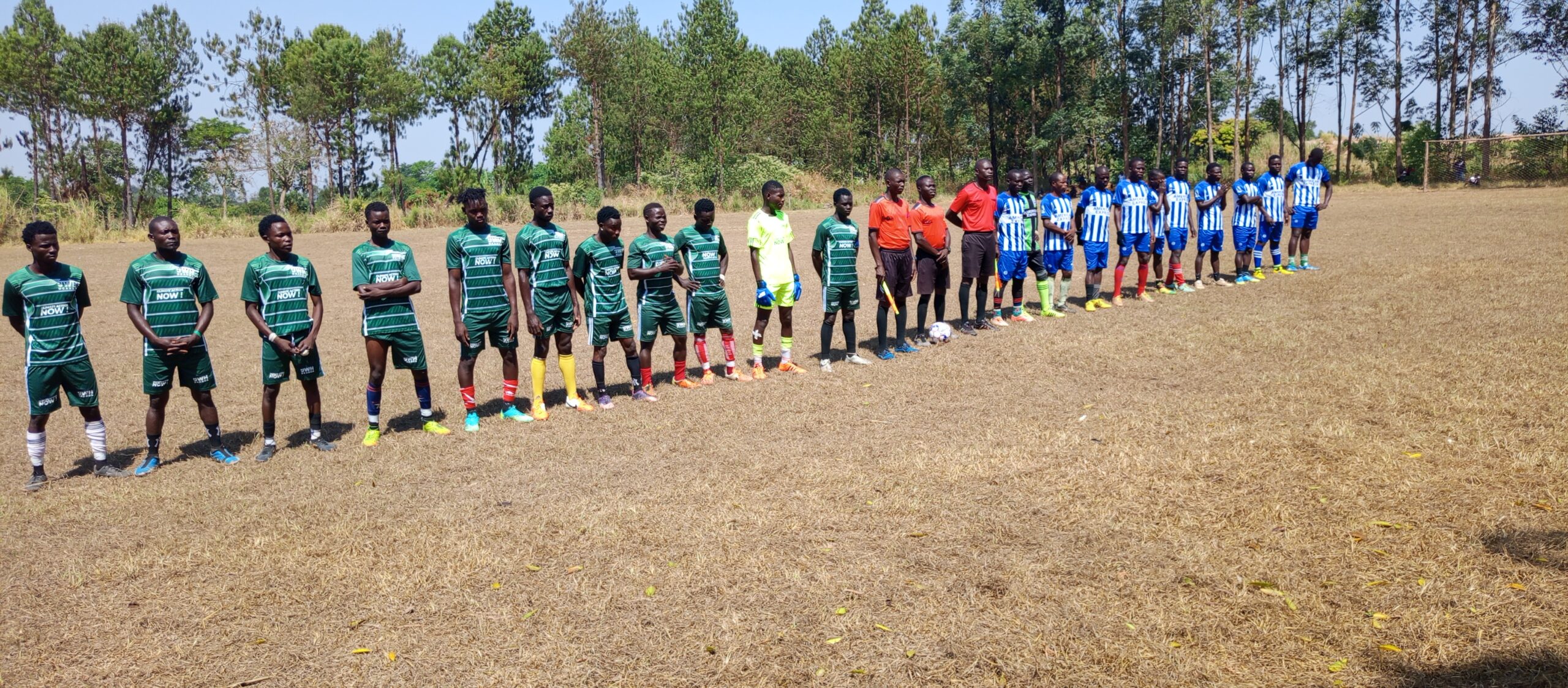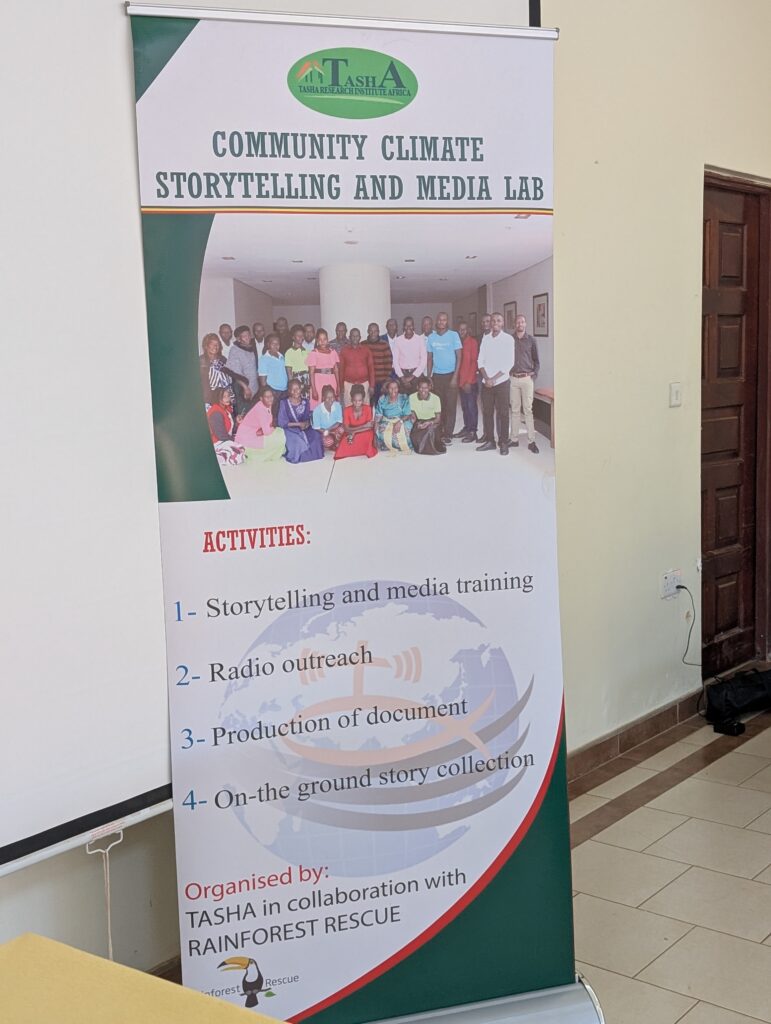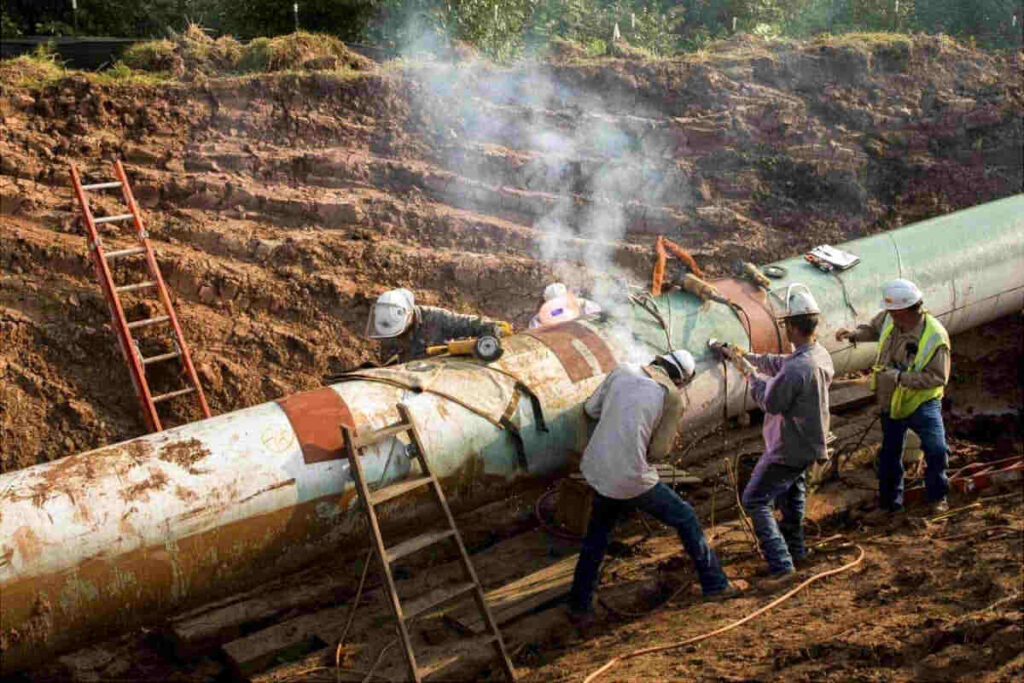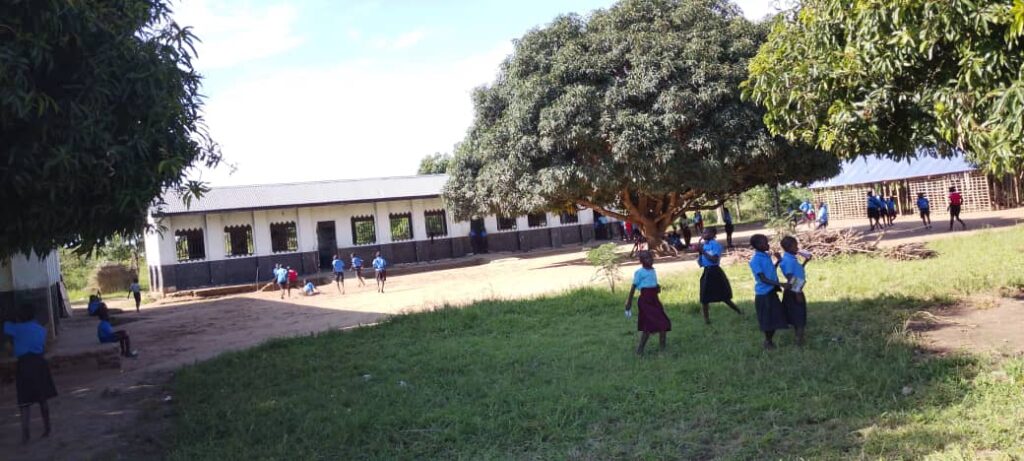Under the scorching sun of Kikuube, children kicked up dust on the football field, laughing as they played. But this was more than just a game—it was an act of resistance. On February 5, 2025, a sports-based community awareness event became a gathering of voices determined to speak out against the unfolding disaster tied to oil construction in their homeland.
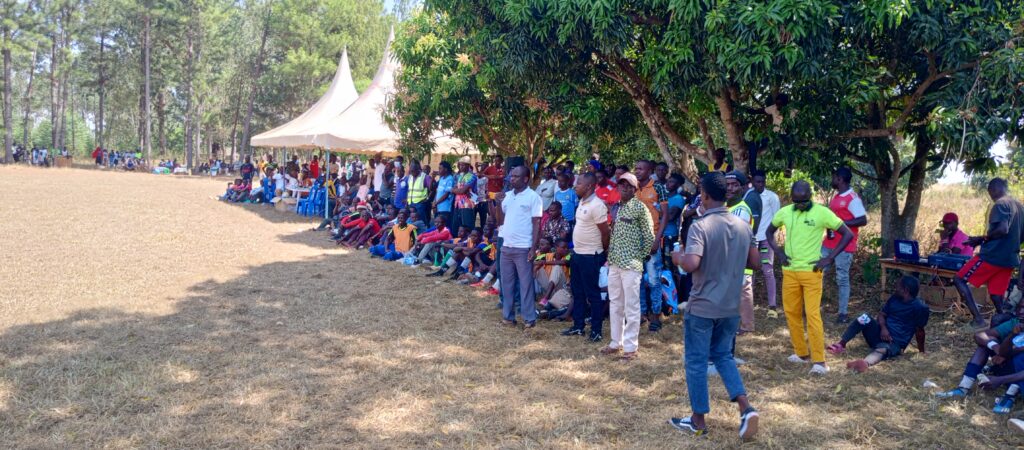
Organized in part by Tasha Research Institute Africa, the event brought together local residents to discuss something far more serious than sports—the irreversible environmental damage being caused by the oil industry, and the long-term consequences for their communities.
In recent years, Kikuube and surrounding districts have become epicenters of oil activity linked to the controversial East African Crude Oil Pipeline (EACOP), a project that promises profit for international corporations and political elites, while leaving local communities displaced, silenced, and vulnerable. The promise of “development” has come with poisoned soils, disappearing forests, disrupted livelihoods, and broken homes.
“We have been told to wait for benefits, but what have we seen? Dust, noise, and destruction. Our land is no longer ours,” said one community elder who stood watching the games from the sidelines.
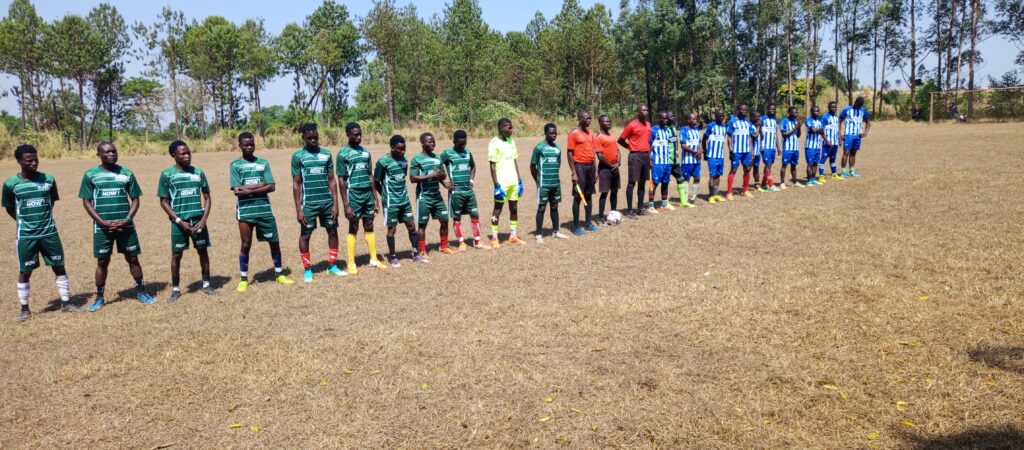
During the event, participants learned about the deepening climate crisis and how oil construction was directly worsening their environment—clearing forests, contaminating water sources, and accelerating changes in local weather patterns. There was no need for charts or studies. The people live the evidence every day.
They spoke of dried-up gardens. Of illnesses that never used to appear. Of trees that used to shade their ancestors now replaced with machinery. Their pain, their fear, and their outrage were clear.
“These companies will return to their countries when they’re done. They will walk away with billions. And we will be left behind—without clean water, without land, without a future.”
This was not just an awareness campaign. It was a moment of awakening. People began to see clearly that climate justice is not a slogan—it is survival. And they understood that if they do not rise to protect their environment, no one else will.
Yet their struggle remains uphill. Many areas were not reached by the awareness campaign due to limited resources. And the fact that this kind of information only comes once a year reflects the broader neglect and systemic silencing of rural voices. Even more frustrating: while locals are told to “adapt,” they are not given even the smallest tools to do so—no tree seedlings, no protective policies, no meaningful consultation.
What they are given is empty talk. What they see is land taken, promises broken, and silence from those in power.
The people of Kikuube know the truth: EACOP is not development. It is devastation. It is a ticking bomb for the climate and a direct assault on the rights and dignity of those who have lived on this land for generations.
But through gatherings like this, hope flickers. Unity grows. And the people begin to find their voice.
“This is our land. This is our future. We will not stay silent.”
Tasha Research Institute Africa will continue to stand with the people of Kikuube and beyond. As the machinery of oil grinds on, so too will the voices of resistance rise louder, clearer, and more determined than ever.

